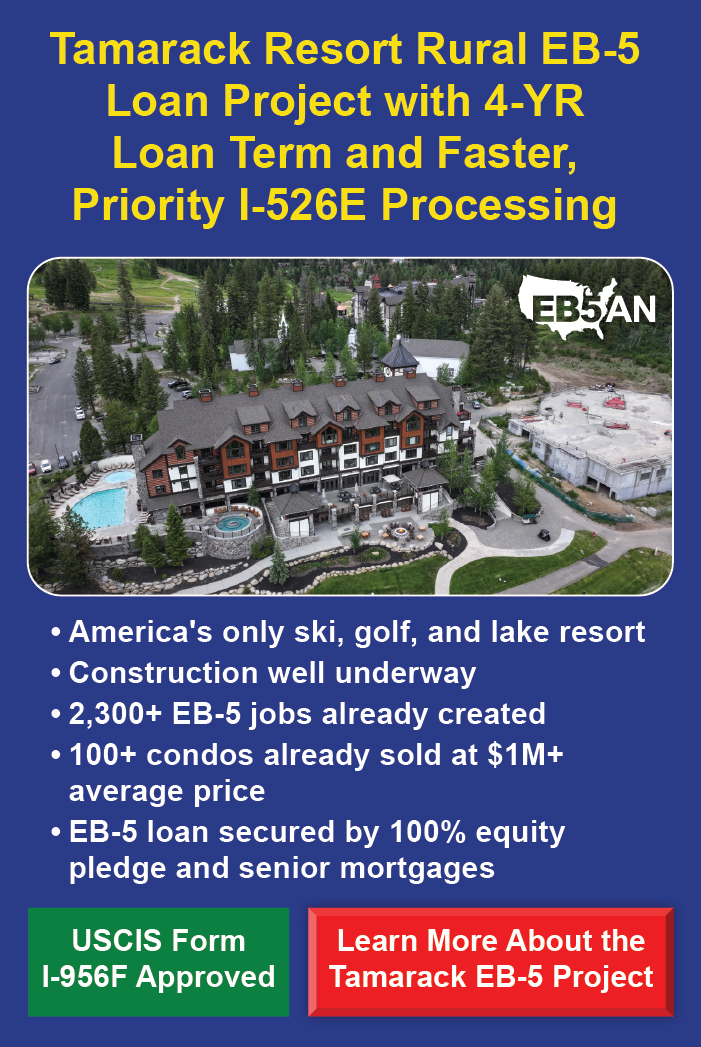
United States Citizenship and Immigration Services (USCIS) does not require non-EB-5 investors to comply with their many regulations on the source of funds, job creation, investment amounts, and other matters. Investors who are not participating in the EB-5 program do not need to submit any path-of-funds documentation or other information required by USCIS. Non-EB-5 investors are not eligible to apply for permanent resident status through the employment-based fifth-preference visa.
However, USCIS does ask EB-5 investors to provide exhaustive proof outlining the source of their investment funds. EB-5 investors must demonstrate with ample evidence that they are the legal owners of their funds and that the funds were obtained through legal means.
Proving the source of funds may be a highly complex process—the EB-5 program allows investors to use a variety of sources to finance their projects, so each investor’s source of funds will likely be unique. Since investors may have to gather copious amounts of evidence to include with their Form I-526E, it is advisable for them to hire a knowledgeable EB-5 consultant and an experienced immigration attorney. These competent professionals can make proving the source of funds much easier and help investors wade through USCIS’s many guidelines.
Even though the sources of funds may vary significantly, investors will usually have to submit a capital source statement showing how they obtained the funds. If the funds originated from stock proceeds, for instance, the capital source statement must explain how the stock was purchased. On the other hand, if the investor used inherited funds to finance their EB-5 project, the capital source statement must identify the deceased and how they originally obtained the funds.
Investors must be sure to provide all the necessary evidence regarding the legal source of their funds. If their Form I-526E is unclear, missing key information, or otherwise violating any of USCIS’s guidelines, the investor may receive a Request for Evidence (RFE) or even a denial.







